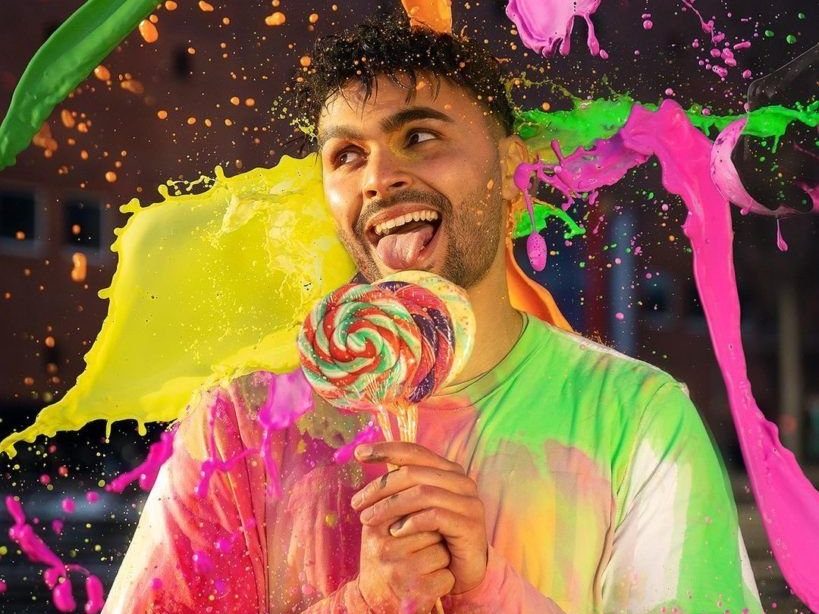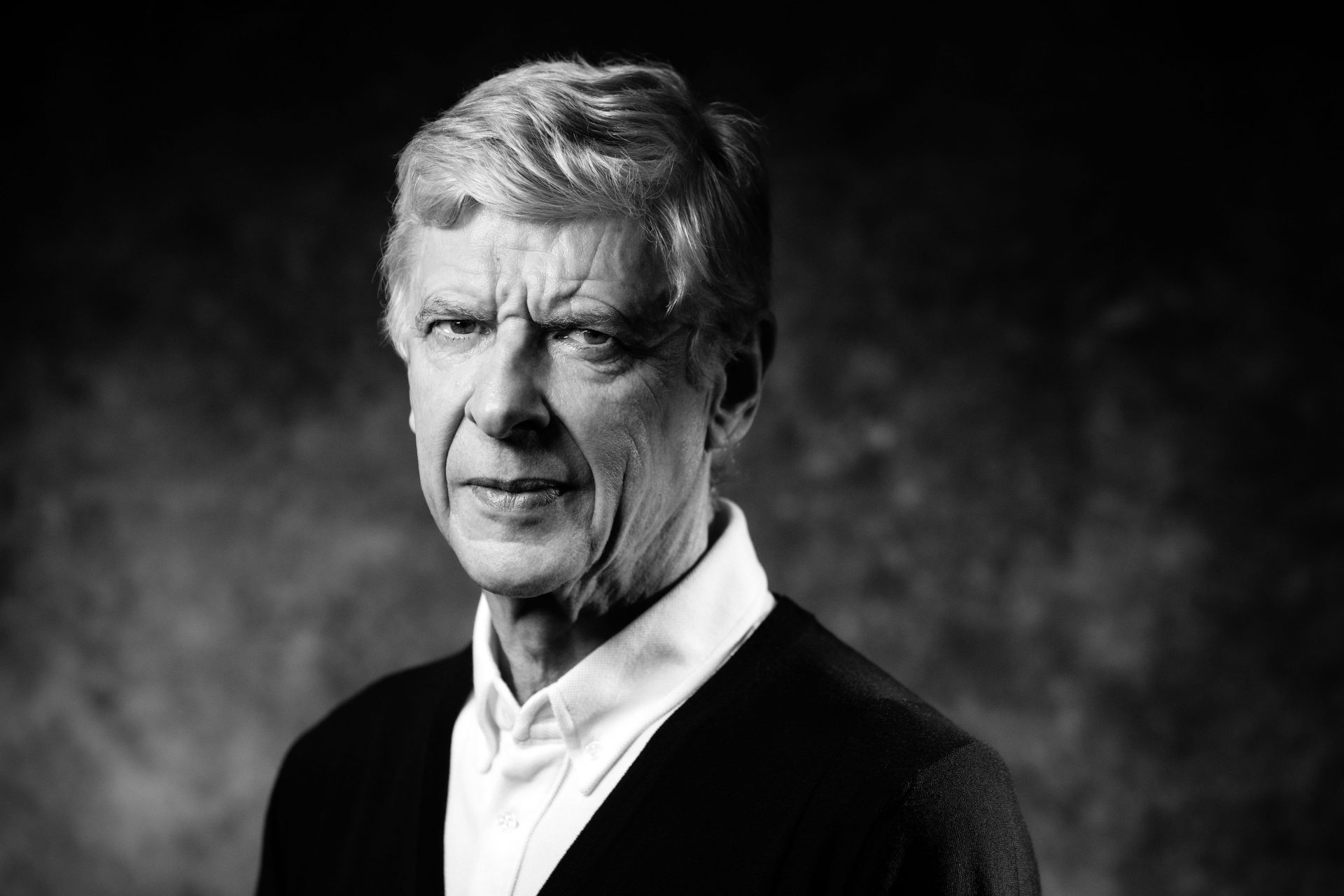When Covid hit Europe in March last year Younes Zarou, a 22-year-old business informatics student from Frankfurt, decided to take his TikTok account up a notch.
He had already built a following of more than two million on the platform with his dynamic camera trick videos, cleverly repurposing everyday objects and using paint and colour as his trademark, but lockdown brought a temporary switch.
For a solid month. he livestreamed his life on TikTok 24 hours a day. “I come from a large family so I’m used to being watched,” he said at the time, branding it the #stayathome challenge while urging his young followers to do just that.
Sixteen months after he concluded his real-life Truman Show experiment, Zarou boasts 38m followers on TikTok, putting him among the top 20 most-followed in the world, only slightly trailing mega film star Dwayne Johnson, aka The Rock.
TikTok is certainly big in Germany, with the greatest number of influencers on the platform in Europe, and it undeniably belongs to Generation Z – more than 70% of German TikTok users are aged 24 or under, and more than half of that group are aged just 13-17.
But Zarou is a symbol of German youth not just for being synonymous with TikTok. As well as reflecting young Germans’ diverse ethnic make-up – he is of Moroccan origin, and more than a third of German under-20s have at least one foreign-born parent – he also mirrors their sometimes surprising values.
It is not difficult to grasp how Zarou became Europe’s second most-followed TikToker, after Italian superstar Khaby Lame (another Muslim with African roots), and placed 20th on an unofficial TikTok rich list last week (he made an estimated $300,000 in the last year).
The appeal of much TikTok content can be unfathomable to anyone over 25, but Zarou’s videos are visually beautiful and highly creative, and his open face and expressive theatricality are inherently appealing.
It’s all rather wholesome, and Zarou’s fellow German TikTok megastars, like Stuttgart twins Lisa and Lena (13.5m followers), with their low-key dance and lip-sync videos, and Falco Punch (10.5 million followers), master of the jump cut ‘transition’ video, have similarly innocent content which typify TikTok’s rougher edges versus Instagram’s shiny consumerism.
And Zarou takes his position seriously, telling Deutsche Welle, “I don’t see myself as an ‘influencer’, but rather a content creator. Every morning I get up and can give my creativity free rein”, adding that he recognises that his young followers look up to him: “I’m more like a big brother – you obviously only want to pass on positive things.” His #stayathome challenge, he said at the time, was intended to “set an example”.
While Zarou seems to be the nicest young man you could care to meet, if this is what contemporary German youth culture is all about, it’s not very ‘rock n roll’.
While post-war German popular culture has often been associated with naffness – from schlager and Boney M., to inexplicably successful happy hardcore act Scooter – this is also the country of Krautrock, Neue Deutsche Welle and techno, associated in the 1970s and beyond with the grittiest clubs and coolest youth movements.
Recent research suggests young Germans are indeed more strait-laced and serious-minded than they were in the past. For one thing, the old trusty markers of rebellion have waned. Recent German Health Ministry figures found the percentage of 12–17 year-olds regularly drinking had dropped by two thirds in 35 years, while smoking in this age group has fallen from over a quarter to under 10% in 25 years (as a devout Muslim who prays five times a day, Zarou abstains completely).
The quadrennial Youth Study carried out by market and social research company Sinus found that in Germany in 2020 youth subcultures were disappearing and pop and rock stars were less likely to be named by young people as an inspiration to them. It also found young people to be earnestly
engaged in the world’s problems (Zarou has shown support for LGBT rights and Black Lives Matter, although he has been reluctant to tangle with the issue of Chinese government involvement with TikTok). They take a serious approach to school and their future careers, aiming for a solid job rather than indulging their wilder dreams for the future.
The report concluded that “somewhere along the line the concept of fun [Spaß] seems to have been lost”. But while ‘fun’ in the sense of hedonism does indeed seem to be a luxury to a generation facing looming problems of unprecedented scale, the popularity of Zarou’s videos – which include such wheezes as attaching a smartphone to a thrown stick to create a dog’s-eye-view of the park or submerging a camera in a fish tank to create amazing underwater swimming pool shots – are really nothing at all if not fun, and Germany is once again at the forefront of European youth culture.

GERMANY’S TOP 5 TIKTOKERS
- Younes Zarou (38.1m followers)
Clean-cut Zarou is known for his creative camera trick videos - Lisa and Lena (13.6m followers)
Originally found fame for their dance videos, but the twins are now often found modelling their own clothing line - Anna Catify (11.5m followers)
Like Zarou, Romanian-born/German-raised Catify shares how she makes her transformation videos in accompanying tutorials - Avemoves (11.4m followers)
21-year-old master of the dance video always appears clad in a skull mask - Falco Punch (10.5m followers)
Influencer with boyband good looks, has become famous for his transition videos using special effects and filters




